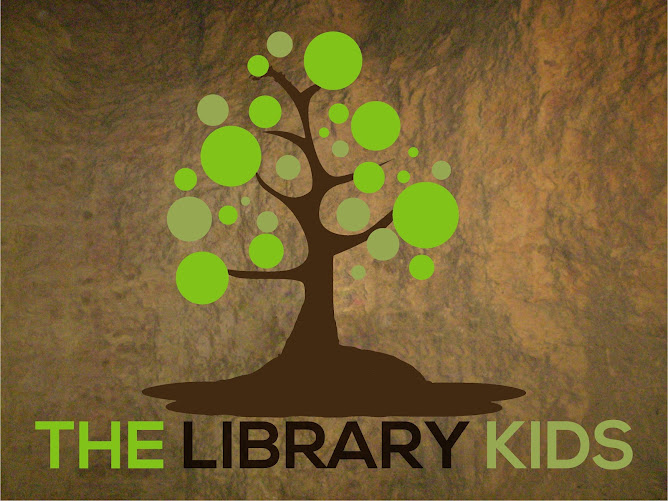Kesu Kalan and Miskin,
"Lord Krishna in the Golden City"
(Dwaraka), from the Harivamsha, ca. 1600, during Akbar's reign. Freer Gallery - public domain
http://en.wikipedia.org/wiki/Dwarka#/media/File:Dwarka.jpg
"Lord Krishna in the Golden City"
(Dwaraka), from the Harivamsha, ca. 1600, during Akbar's reign. Freer Gallery - public domain
http://en.wikipedia.org/wiki/Dwarka#/media/File:Dwarka.jpg
There are many sacred texts in Hinduism. Initially, there are the Vedas and there are 4 of them. The Rig Veda is the most important. The Rig Veda is a collection of hymns to various gods. The other Vedas contain hymns, chants, and lists of sacrifices. Most Vedas were read by priests all though some of the Vedas were composed by women. Today, the Vedas are in print and available to the world.
The Vedic gods are not usually worshipped in today's Hinduism, all though I believe they are the same gods as the gods of Hinduism, today but with different names. Indra is the equivalent of the Greek Zeus and has a lightning bolt as his weapon.
The Upanishads are considered the philosophical portions of the Vedas.
The Greeks have their epic poems of the Iliad and the Odyssey and the Hindus have two of their own epic poems called the Ramayana and the Mahabharata. The Ramayana tells the tale of Rama and Sita, a husband and wife, and the mission of Rama to find his kidnapped wife Sita, who was taken by an evil king of Lanka (today's Sri Lanka). The Mahabharata tells the tale of cousins fighting each other for the throne. The five good Pandava brothers must fight their evil 100 Kaurava cousins. The counselor to the Pandavas, gets the aid of Krishna while the counselor to the Kauravas gets the horses, elephants and weapons of Krishna. Krishna would not take sides but counsels Arjuna (counselor to the Pandavas) that good men must not let bad men win and take over even if some must die.
The Bhagavad Gita summaries the conversation between Krishna and Arjuna and is a favorite amongst Hindus.
Lastly, the Puranas are considered the average person's Vedas and there are 18 of them. They help Hindus learn more about their gods/goddesses.
Hindus believe that time is cyclical and they believe in reincarnation and the concepts of Karma and Dharma. I will talk a bit more about the Hindu fundamentals, but for now I want to dive into the comparisons of the ancient Hindu Gods to the Cronides.
Krishna is the equivalent to the Greek Dionysus and Egyptian Osiris (and all his other names). He had a kingdom in Dwarka. It is underwater today, but has been found.
From Wikipedia:
Dvārakā (Gujarati દ્વારકા) also known as Dvāravatī, sometimes transcribed as Dwaraka and Dwaravati meaning "the many-gated [city]" in Sanskrit, is a city in Hindu tradition
Dvārakā is one of the seven sacred cities ("saptapuri") of Hinduism.[2] In the Mahabharata it was an existing city, formery called Kushasthali, the fort of which had to be repaired by the Yadava people.[3] In this epic the city is described as a capital of the Anarta Kingdom. According to the Harivamsa Purana the city was located in the Region of Sindhu.[4] According to this Purana it was build on proposal of Garuda on request of Krishna by Vishvakarma, to secure the Yadava people
The many-gated city almost sounds like a description from the Egyptian Book of the Dead.
Two 'gate spells'. On the top register, Ani and his wife face the 'seven gates of the House of Osiris'. Below, they encounter ten of the 21 'mysterious portals of the House of Osiris in the Field of Reeds'. All are guarded by unpleasant protectors. - public domain
http://en.wikipedia.org/wiki/Book_of_the_Dead#/media/File:Bookofthedead-144145.jpg
http://en.wikipedia.org/wiki/Book_of_the_Dead#/media/File:Bookofthedead-144145.jpg
From Wikipedia:
The geography of Duat is similar in outline to the world the Egyptians knew. There are realistic features like rivers, islands, fields, lakes, mounds and caverns, along with fantastic lakes of fire, walls of iron and trees of turquoise. In the Book of Two Ways, one of the Coffin Texts, there is even a map-like image of the Duat.[4]
The Book of the Dead and Coffin Texts were intended to guide people who had recently died through the Duat's dangerous landscape and to a life as an akh or blessed spirit amongst the gods. The dead person must pass a series of gates guarded by dangerous spirits, depicted as human bodies with grotesque heads of animals, insects, torches or knives.[5]
I often wonder if descriptions of this gated city in the afterworld are just descriptions of the gated city or cities that Dionysus-Osiris lived in while he was alive and it appears that Dwarka was a gated city or city of gates. It appears that Dwarka has been found under the water.
by Rita Jean Moran (www.thelibrarykids.com and www.hiddenhumanstory.com)
Links:
http://en.wikipedia.org/wiki/Dwarka
http://en.wikipedia.org/wiki/Dwaraka_Kingdom
http://en.wikipedia.org/wiki/Book_of_the_Dead
http://en.wikipedia.org/wiki/Duat
http://en.wikipedia.org/wiki/Book_of_Gates



No comments:
Post a Comment